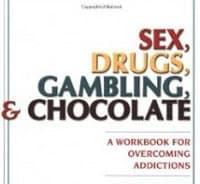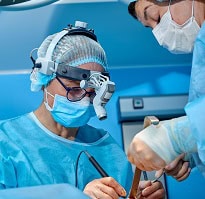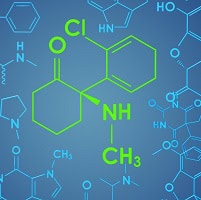New Review of SDG&C is Reminder of its Greatness
Posted on June 7, 2019
by Thaddeus Camlin, Psy.D.
Great works are often underappreciated in their time. Many people well-versed in self-empowering approaches to treating addictive problems are familiar with Dr. Horvath’s book for overcoming addictions entitled, Sex, Drugs, Gambling, & Chocolate (SDG&C). However, outside self-empowering circles, Dr. Horvath’s book remains underappreciated. A recent review of the workbook, however, serves as a reminder of just how ahead of its time SDG&C truly was. The review is literally titled, 'A New Way To Think About Addiction,' even though SDG&C was originally published over 20 years ago! For those not familiar with SDG&C, the review is an invitation to explore a visionary work decades ahead of its time.
Dr. Horvath's Book Making its Way into ...
full story










